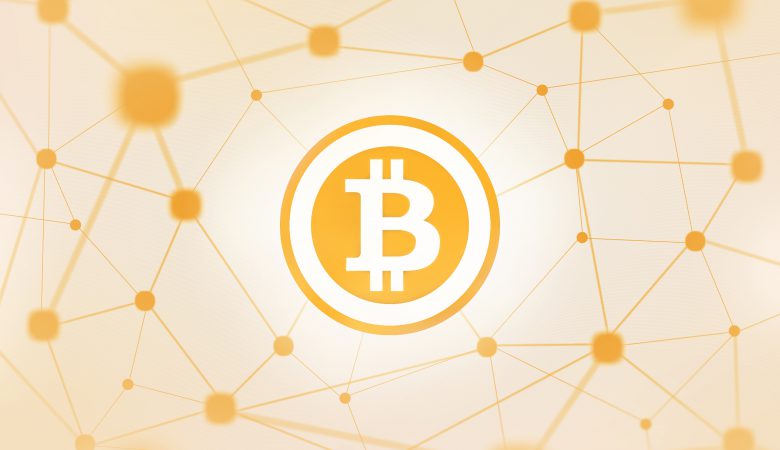Blockchain Technology Expands Amid Patent Concerns
Blockchain continues to grow rapidly in terms of popularity and application, with established firms and startups alike recognizing the value of the system. The technology is also advancing rapidly in South American nations such as Brazil and into developing nations such as Kenya. Widespread interest in Bitcoin has led to an advent of patent applications and potential disputes.
In Brazil the Central Bank has issued new measures for implementing blockchain technology into its regulation agencies. While not yet fully operational, alpha testing has commenced within the Central Bank exploring the efficacy of blockchain in managing and transferring data. Brazilian financial officials believe that unlike older technologies, blockchain will be particularly secure and efficient at monitoring and possibly regulate financial transactions. The head of IT for the Central Bank, Aristides Cavalcante, explained that through blockchain, “it is possible to certify at any moment the authorship, and that no entity has tampered with the data, and thus guaranteeing information authenticity.” In other words, Brazil’s financial sector hopes to use blockchain as a sort of impenetrable ledger.
The transportation industry views blockchain as not only a smart ledger but also as a way to increase safety and efficiency. For example, Mercedes-Benz is using blockchain technology to track and measure safe driving, and rewarding careful drivers with Bitcoin payments. That same technology can be used to remotely secure and open cars. BMW is using blockchain to maximize supply chain efficiency and engage in sustainable mining. Specifically, BMW is using blockchain to monitor the precise amount of cobalt it mines, as to not deplete the resource. Other car companies are using blockchain to expedite payment processes, such as paying tolls and ride sharing services.
Blockchain applications are limited not only to central banks and multinational manufacturers but also entrepreneurs and small businesses. In Kenya, blockchain technology has begun to be used to rate and evaluate credit scores and trustworthiness. Indeed, in countries that lack widely available and comprehensive credit checking databases, blockchain could provide invaluable information to small business owners and lenders. 4G Chief Executive Officer Wayne Hennessy-Barrett explained that “Sub-Saharan Africa has some way to go in building the financial infrastructure needed for MSMEs [micro-, small- and medium-sized enterprises].” Blockchain could improve the nation’s financial organization and in particular could help empower women by allowing them access to micro loans.
While blockchain continues to expand across the world, patent issues are increasingly becoming more visible and may impede blockchain implementation. Recently, JP Morgan applied for several patents regarding using blockchain technology to perform transactions between banks. This is the latest example in a string of high profile companies filing for blockchain patents, which has raised the potential of drawn out and expensive lawsuits, much like the Apple vs. Samsung cases. Currently, over 350 blockchain patents have been granted, the majority of which belong to the holding company ETIC. This consolidation has led to growing concern about patent trolling and innovation-stifling litigation. Amidst this patent backdrop, blockchain technologies continue to expand into numerous industries, promising greater security and increased efficiency.

